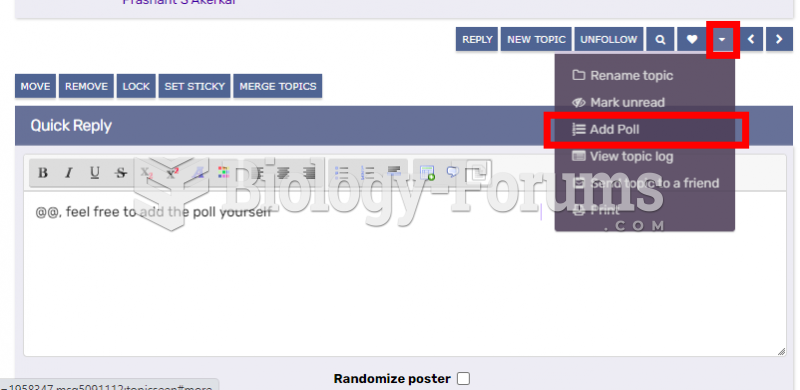Answer to Question 1
Knowing when to double a final consonant before adding an ending to a word is a matter of
distinguishing between vowel sounds.
Words of One Syllable: If you can hear the difference between long and short vowel sounds,
you can tell whether or not to double the final consonant of a one-syllable word. If the vowel
sound is long, do not double; if the vowel sound is short, double the final consonant.
Exception: Do not double the final consonant of words ending in w (saw) or x (fix).
Words of More Than One Syllable: The only rule needed is: Double the final consonant if the
last syllable of the base word is accented, if the vowel sound in the last syllable is short, and if
the suffix to be added begins with a vowel. However, there are exceptions such as
formatting, handicapped, and programmed.
Answer to Question 2
Building a successful business or career requires building goodwill. Because words play a vital
part in establishing goodwill, a skilled communicator chooses words or phrases that the reader
and listener can both understand and appreciate. In general, this means choosing positive
rather than negative terms, presenting information directly and without repetition, and using
fresh and current expressions rather than outdated and overused ones.
Words result in negative responses when the reader feels blamed or accused. Most expert
business writers consider failed, careless, delay, and inexcusable to be negative words,
regardless of how the words are used, and they recommend avoiding these words. Actually,
such words are unpleasant primarily when they are accompanied by you (you failed) or
your (your delay).
Words that are repetitious are a waste of the reader's time. Such words clutter the message
and can distract, delay understanding, and reduce emotional impact. The italicized words in
the expressions adequate enough, bothalike, and past experience are unnecessary and
should, therefore, be omitted.
Words that are out of date suggest that the writer is behind the times. For example,
esteemed, kindly, and via are out-of-date words that must be avoided.
Replacing overused words with more exact and colorful terms can make your writing lively and
interesting. The adjective good is overused and weak: a good maneuver, a good
negotiator, a good speech, a good worker. Instead, for greater interest, say a clever,
smart, or skillful maneuver; a patient, forceful, or crafty negotiator; an eloquent,
informative, or engrossing speech; a qualified, intelligent, or competent applicant.
Clichs are overworked expressions such as crystal clear, needs no introduction, and at a
loss for words that lost their strength long ago. The use of clichs exposes a lack of
imaginationthe tendency to repeat the familiar, even when the familiar is not worth
repeating. Clichs waste time, obscure ideas, and bore readers and listeners.







